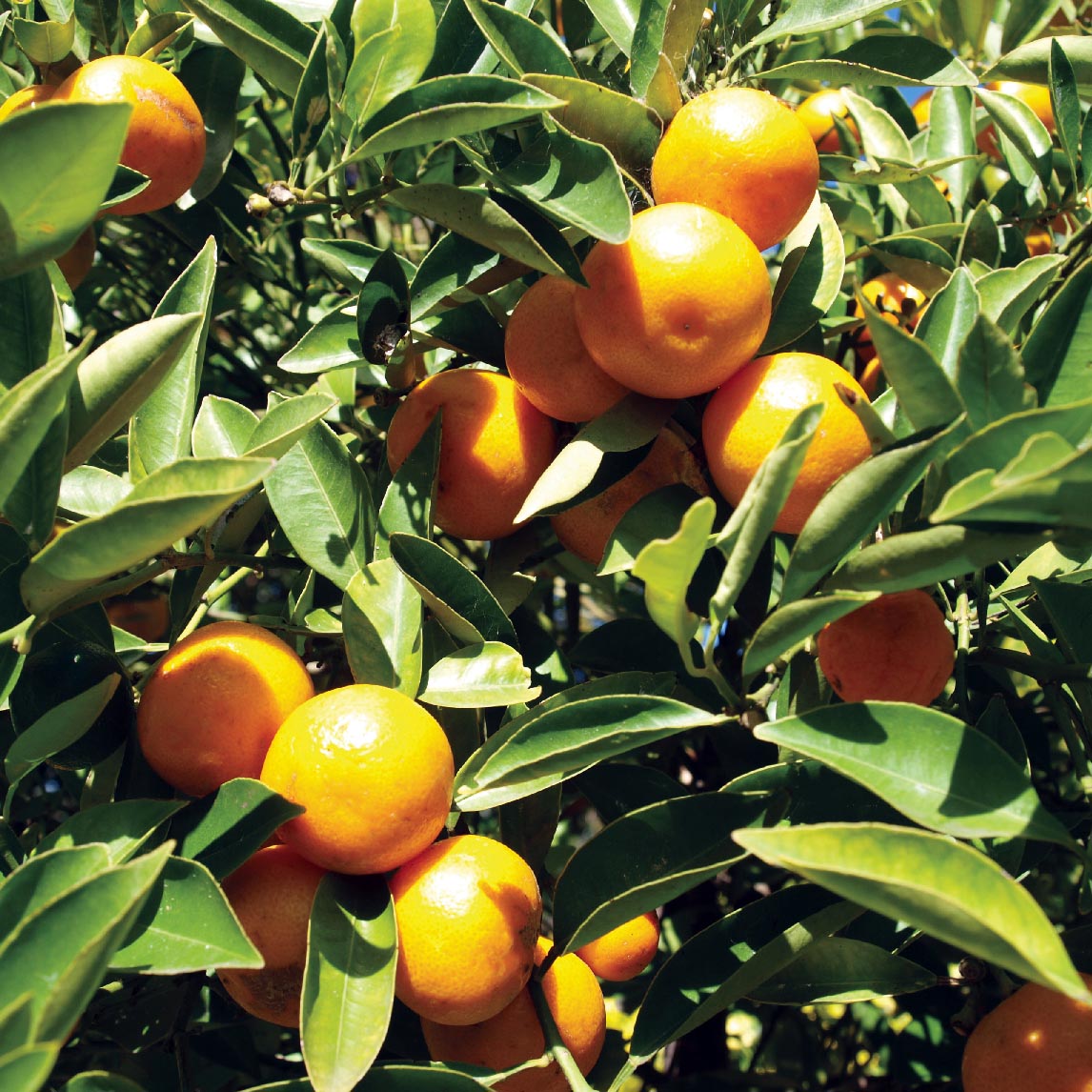Kumquat 'Meiwa'
Named after the Meiwa Era, a historical period in Japan that spanned from 1764 to 1771 when these sweet-tart fruits were initially introduced to Japan from China. It was rumored that the Meiwa kumquats found their way to Japan through a shipwreck, where, according to renowned Japanese botanist and mycologist Chozaburo Tanaka, the Meiwa kumquats were aboard a Chinese merchant vessel where after the shipwreck, one of the ship's crew members washed ashore near Shimizu port in the city of Shizuoka, Japan, carrying preserved kumquats in his pocket. These kumquats contained seeds that were later planted in a private garden, resulting in the growth of a compact, evergreen tree that bore larger, rounder, and sweeter kumquats. These fruits were subsequently named Meiwa, and it was rumored that the original tree continued to thrive into the early 20th century.
How to grow
All citrus trees need plenty of sun and good drainage, so a position in full sun in a raised garden bed is ideal. The roots of citrus grow close to the surface, so it’s best to mulch beneath the tree to avoid competition from other plants or weeds. Heavy feeders, fertiliser should be applied monthly to ensure they have nutrients available at all times. Apply blood and bone, dynamic lifter or a citrus fertiliser once a month, every month. Citrus will grow in all Australian climates. Use your Heat Zone (HZ) to determine the best varieties for your area.

